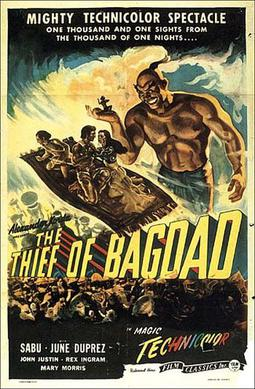
The mahout boy from Mysore who won a DFC in WWII and was inducted in Hollywood Walk of Fame - a thread on the incredible life of Sabu Dastagir:
Born as Selar Sabu in 1924 in Mysore state, Sabu grew up among elephants (1/n)
Born as Selar Sabu in 1924 in Mysore state, Sabu grew up among elephants (1/n)

His father was a mahout in the service of the royal family of Mysore and Sabu along with his older brother, Shaik Dastagir helped their father in his daily duties. His life would change in 1934-35 (2/n)
Robert Flaherty, a British documentary film-maker, decided to adapt Rudyard Kipling's "Toomai of the Elephants" for the silver screen. It is believed that while location hunting in Mysore state, Flaherty's wife came across Sabu (3/n)
He was selected to play the lead role of Toomai in the film titled Elephant Boy that released in 1937. The film was a big success and Sabu came in for much praise. In 1938, The Drum starring Sabu as Prince Azim released (4/n) 

The film incited riots in Bombay and Madras as it was perceived to be propagating British propaganda. The Thief of Baghdad (1940) truly propelled Sabu to stardom. The movie won Academy awards for special effects, cinematography and art direction (5/n) 

Same year, Sabu starred as Mowgli in a film adaptation of Kipling's Jungle Book. The film earned Oscar nominations for music & special effects. At 18, Sabu had well & truly arrived in Hollywood, signing a deal with Universal (6/n) 

He starred in lead roles in 3 films for Universal: Arabian Nights (1942), White Savage (1943) & Cobra Girl (1944). In 1944, Sabu acquired American citizenship and signed up with the air force (7/n)
He served as a tail gunner and ball turret gunner on B-24 Liberators and flew several missions in the Pacific theater with the 307th Bomb Group. His war efforts earned him a Distinguished Flying Cross (8/n) 

In the post War years, Sabu kept acting in USA and England. However, with the portrayal of Orientals often coming under criticism, his acting career struggled to achieved its early glory days (9/n)
In 1948, Sabu appeared in his last role for Universal, in the film "Man-eaters of Kumaon" which only borrowed the title of Jim Corbett's iconic book on hunting man-eating tigers. The film was a big flop (10/n)
It is alleged that after watching it, Jim Corbett had remarked that the best acting performance came from the big cat! Sabu kept appearing in films, in supporting roles usually providing comic relief (11/n)
In the mid-1950s, Sabu approached film makers in Bombay for roles. He came close to being cast as Birju in Mother India but an issue over work permit denied him and the role went to Sunil Dutt (12/n)
In 1960, Sabu was inducted into the Hollywood Walk of Fame. His last film, Tiger Walks released in 1964, few months after Sabu tragically died from a sudden cardiac arrest aged just 39. A fascinating journey came to a premature end (13/n) 

Acknowledgements: scroll.in/reel/802571/sa…
Pictures: ecx.images-amazon.com/images/I/714z7…,
Movieposterdb.com., en.wikipedia.org/w/index.php?cu…
Pictures: ecx.images-amazon.com/images/I/714z7…,
Movieposterdb.com., en.wikipedia.org/w/index.php?cu…
• • •
Missing some Tweet in this thread? You can try to
force a refresh









